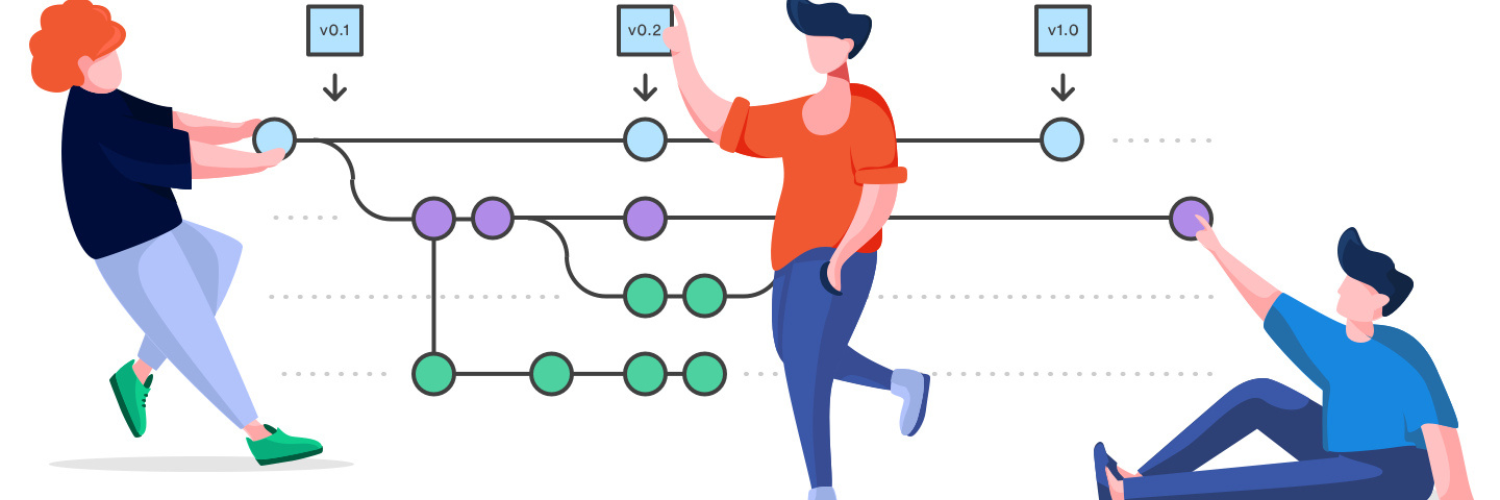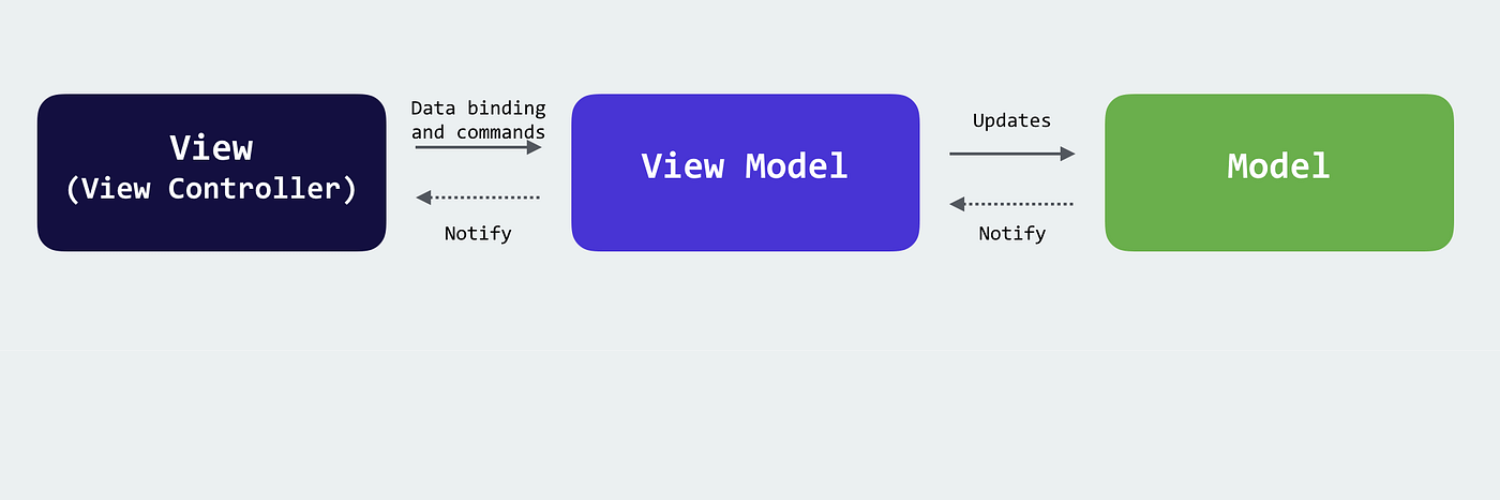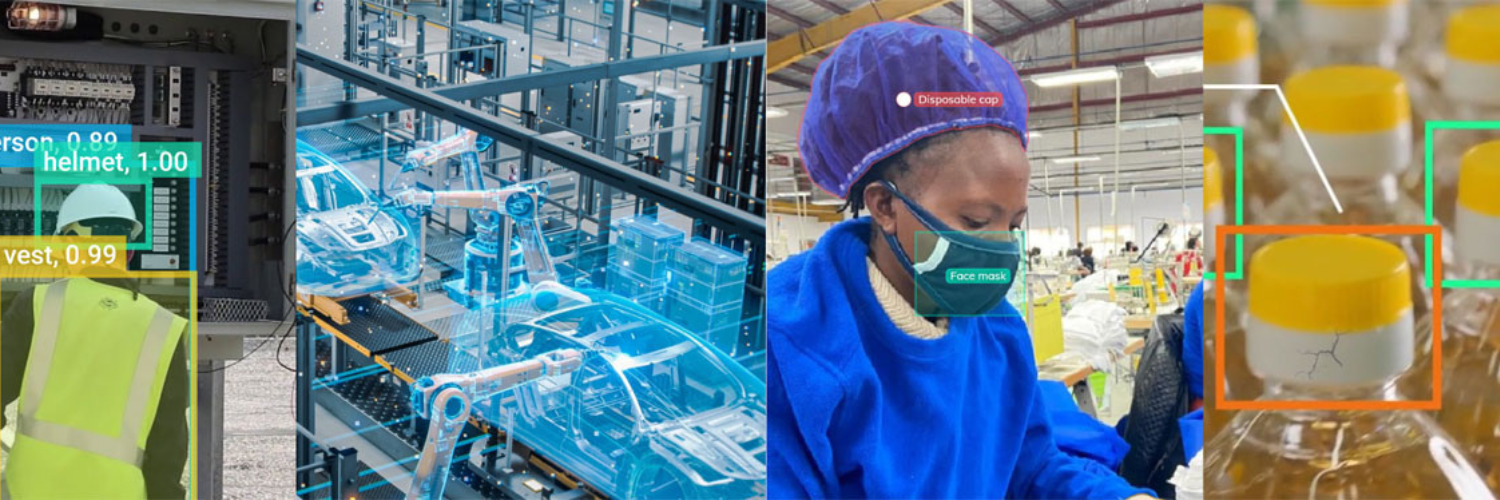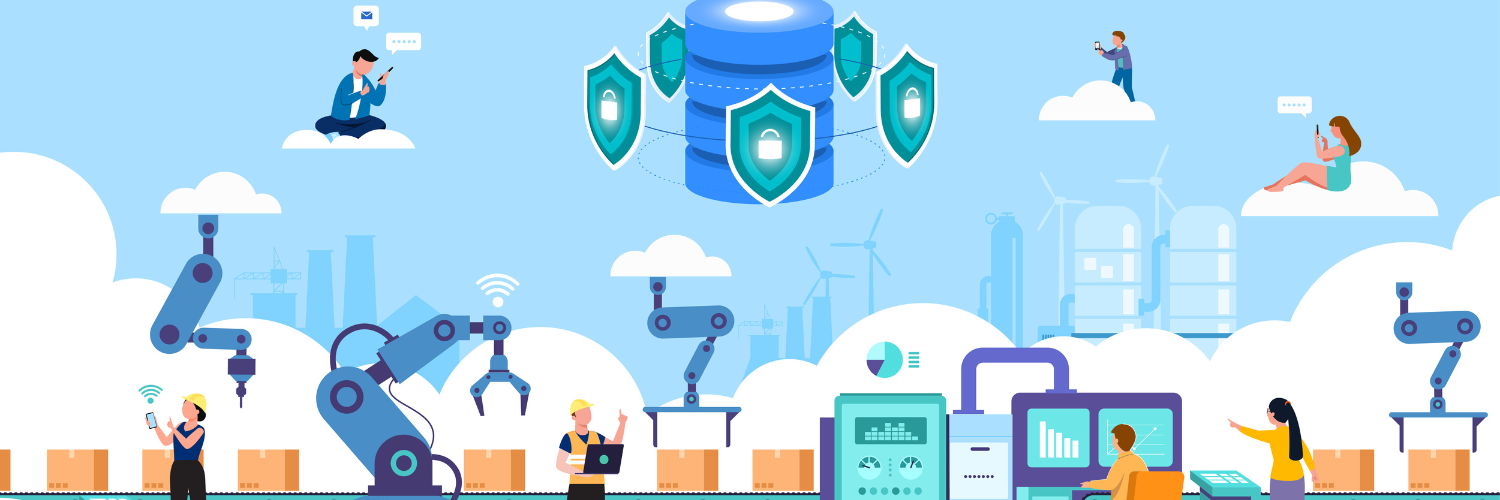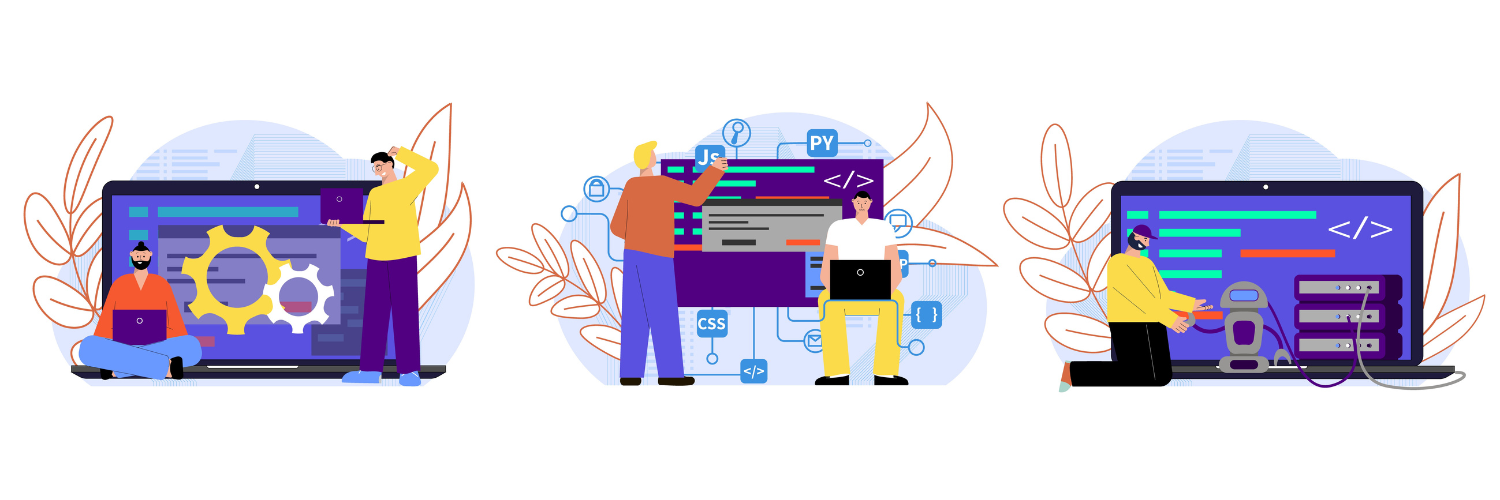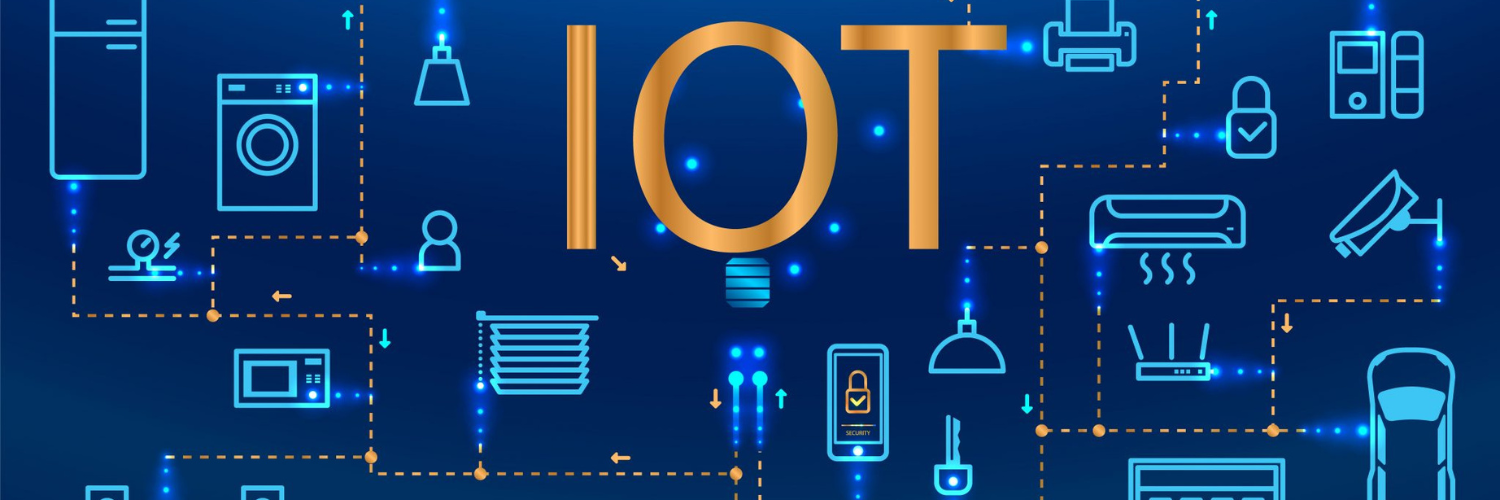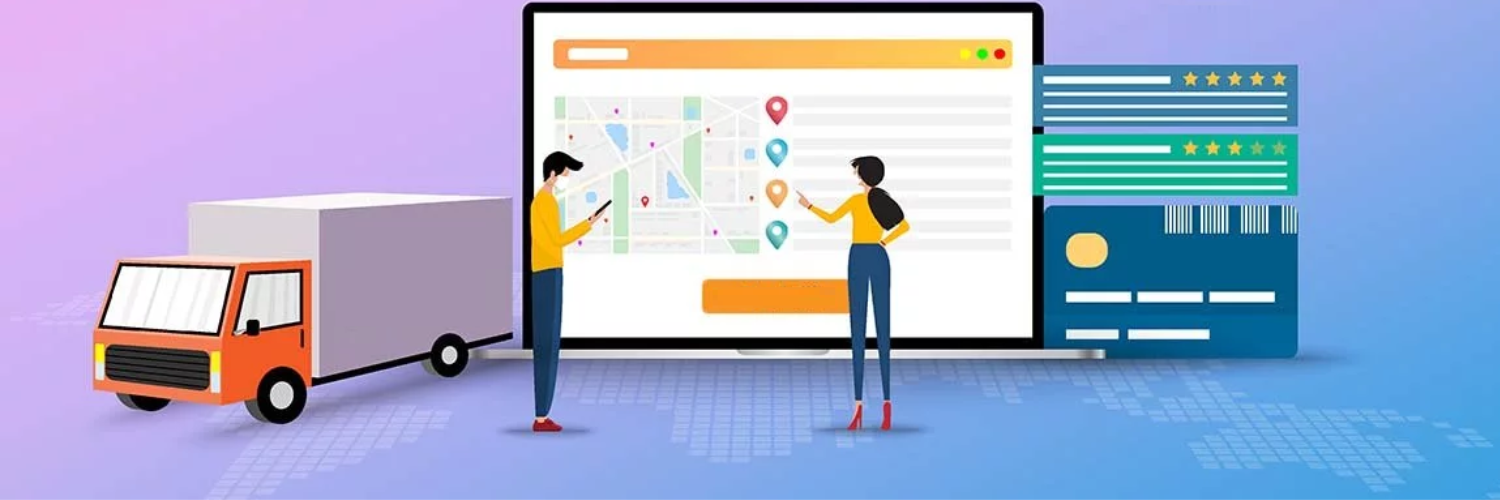The technological age is well and truly upon us. Numerous technology-oriented start-ups are emerging each day. More and more people tend to use smart devices to fulfill their various on-the-move needs.
Considering the world’s paradigm shift from laptops and desktops to smartphones and tablets, the companies redesign and rebuild their mobility strategies in order to perform better. Businesses all over the world are searching for the best customized and result-oriented enterprise mobility solutions.
Enterprise Mobility Management Market size valued at USD 3.5 billion in 2019 and is expected to grow at over 15% CAGR in 2020-2026 period. The market growth is driven by the rapid penetration of employee smartphones and other personal devices in many enterprise-related activities.
Mobility is a prerequisite for success nowadays.
Enterprise mobile apps provide businesses with a range of great opportunities offering new tools to enterprise employees so they can stay organized, share information, and manage essential tasks from their mobile devices.
Even though a mobile app for an enterprise has a wide range of benefits, getting one designed can have many challenges. With new arising trends like the inclusion of animations in app development can be a complicated task. The larger the enterprise, the more difficult it is to create a mobile app that can offer all the relevant features to its audience.
Here in this article, we are going to explain and highlight big but not so obvious challenges in enterprise mobile app development.
1. Information Security
As a customer, what is the first thing that comes to your mind when you hear the term security breach? It can mean credit card fraud or a stolen identity. However, when you talk about a security breach in a corporate environment, it is not just a credit card fraud or an identity theft, it can be much more personal information. It can include client account details, their personal files, financial information, social security numbers, and more. Therefore, security is of higher value and importance.It needs a great deal of attention and remains an important aspect of Mobile Device Management (MDM) as well.
In case an enterprise deal with a lot of financial statements, data loss can turn into a serious threat. And that is why every top-notch enterprise app needs high security.
2. Tech Advancements
Newly emerging technologies like IoT, AR, and machine learning also pose a challenge for mobile app developers. It is crucial for them to remain updated with the technological advancements and integration in the customized enterprise mobility app. They need to constantly upgrade their expertise in using cutting-edge tools and features. What is more, an enterprise mobile app project may bring new requirements that need immediate attention while the app developers strive to meet the deadlines.
All in all, advancing technology, the pressure of time management, and the quality of your enterprise app keep the mobile app developers on their toes.
3. Expertise and Experience
Integration of new trends and technology requires a good level of expertise and experience from a developer. The enterprise mobile app development process is highly advanced and addresses critical aspects like database integration, UX design, security needs, etc. Only experienced mobile app developers can handle it while addressing the client’s business needs.
An enterprise mobile app becomes a necessity to thrive in the ever-changing business scenario. A good app development services provider is expected to fulfill the demands of enterprises with experienced developers.
4. Smooth Access and User Authentication
User authentication remains one of the biggest challenges for mobile app developers. Sometimes the key executives fail to access the system that can result in a delay in taking crucial decisions. The app developers need to go through a long and tiring process to ensure safe user authentication through smooth access.
Furthermore, tools like backend synchronization and data storage are necessary for any enterprise app to maintain the uninterrupted data flow even offline.
5. Designing User-Friendly Interface
When your app is operating on a massive scale, everything from your vision and mission to app design personalization must be perfect. User-interface is often a challenge! To get it done well, an app developer needs to constantly keep a track of the latest app design trends.
Imagine your enterprise-level employees are asked to work with a badly designed app. It can become very confusing for them to perform their activities or update their information.
A good enterprise app is more about usability than it is about functionality. An understandable interface and eye-pleasing design are the keys.
6. App Updates
Enterprise-level organizations invest hundreds and thousands of dollars to create seamless communication to the employee circle of an organization.
Hence, to ensure that the mobile app works seamlessly within the organization, they govern that the apps are in constantly synced and always in use. However, when employees are running different versions of the same app, it can create hindrance in communication and errors in operations.
On an enterprise level, not all employees pay attention to updating the app on time. And if an enterprise’s operations depend on the enterprise mobility solution, they tend to have an EMM (Enterprise Mobility Management) or MAM (Mobile Application Management) in place, which is another tiring task for an app developer.
Instantly pushing app updates to users’ devices without waiting on approvals might be the solution, but not always.
7. Superimposing API Strategies
APIs allow many useful functionalities to work on your app when they are integrated. Where most developers face difficulty is when they are applying a suggested API on an existing API strategy for the app. It is important to make sure that the current strategy coherently works with the existing strategy and both are fit to work together.
So, what poses a difficulty for app developers is proposing new designs to an enterprise. It requires reverse engineering where developers must study the previous implementations first.
8. Device Compatibility and Screen Size
Every business wishes to convey the greatest first impression of their end-users. After all, the future of any app depends on how much people liked it. Device compatibility is perhaps the most important factor for a mobile app. OS selection is very important. Apple and Android require different development procedures, design elements, and frameworks to execute. For app developers, it means gathering lots of technical information before starting the development.
9. Strategy
Most mobile enterprise apps refer to one of the two types: customer-facing or employee-facing. Though both these types are interrelated and include the same functions, the team of mobile app developers needs to use a separate strategy for developing each of them.
It is also a challenge especially when it is used on a larger basis to improve the client’s business. While starting a project app developers should consider all the objectives of a mobile strategy to come up with a robust enterprise mobility solution. They must uncover the challenges to be successful in the competitive market.
Concluding notes
As with any other app development, the designing and development process of an enterprise mobile app requires full focus and hard work of the development team. At various stages, there may be different concerns that may pop, which need to be addressed accordingly. Many of these challenges might be invisible, and it is the task of a professional team to foresee them and find solutions. Exceeding the challenges with innovative technological insight and flexible skillset gives app developers a strong competitive edge to build a vast user base and growth to your business.
WRITTEN BY
Sofia Kutko
2020-12-16













